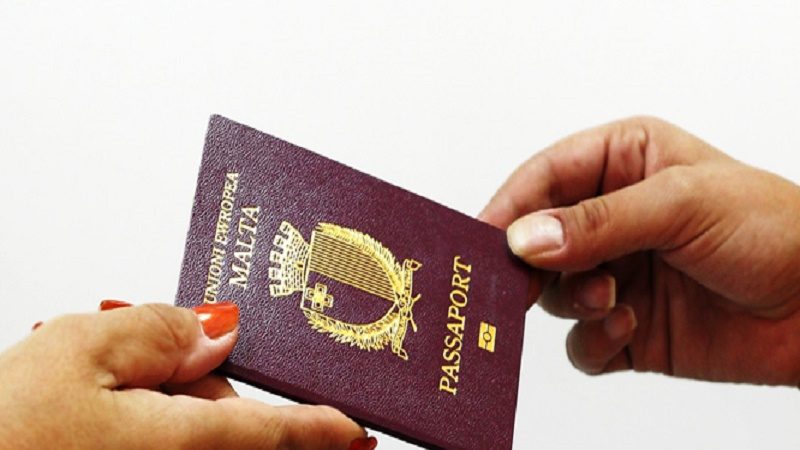An economic study into citizenship-for-sale schemes within the European Union has called for more cooperation between nation states and the main EU institutions.
The sale of national citizenship under such “golden passport” schemes comes with the benefit of EU citizenship, and is available to anyone prepared to pay the price.
If Member States are fully sovereign in their decisions on whether and how to award national citizenship, the study said, and if national citizenship comes with the added benefit of EU citizenship, then a market for golden passports for wealthy investors from outside the EU may emerge in which at least some nation states overuse their privilege of selling citizenship.
The study Passports for Sale: The Political Economy of Conflict and Cooperation in a Meta-Club by Kai A. Konrad and Ray Rees, focused on the political economy of citizenship-for-sale.
They approached the problem by looking at the European Union as a “club of nations” or meta-club – where each single country identified as a club of its own. In such a group, each single nation reserves the right to govern the admission of new individual members into its own club, but new members automatically benefit from the EU wide meta-club.
Member States have the sovereign right to decide whether or not to grant citizenship to anyone they choose. However, Malta, Cyprus and Bulgaria make “special use of this freedom” by offering “golden passport” programmes that enable wealthy investors from outside the EU to acquire European Union citizenship without discussion or oversight from other Member States.
Malta is also on the OECD short-list of countries whose residence or citizenship-by-investment schemes serve the “the purpose of income tax sheltering”.
The scheme has been mired in controversy from the beginning. Last week, PN MEP David Casa wrote to European Justice Commissioner Vera Jourová calling for the programme’s suspension after a fifth Maltese citizen who had acquired a golden passport was charged with criminal offences.
Earlier this year, the European Commission warned Member States to tighten security checks on wealthy investors applying for the cash-for-passport schemes, saying such applicants have opened the EU to risks of money laundering, corruption and organised crime.
The study pointed out that these schemes “raise political economy issues of conflict and cooperation at the European level, and have given rise to discussions and controversies between the central EU government level in Brussels and the individual Member States”.
The authors deliberately avoided addressing the ethical issue of golden passport programmes. Instead, they focused on the externalities that emerge inside a union where individual members sell their own membership, together with entry into the larger union.
“One important aspect of this is the extent to which new citizens move out of the countries that initially admitted them and into other countries that have had no say in the admission process, but may bear at least some of the cost”.
Explicit agreement over quotas on the number of passport sales each individual country may offer could help mitigate these concerns.












